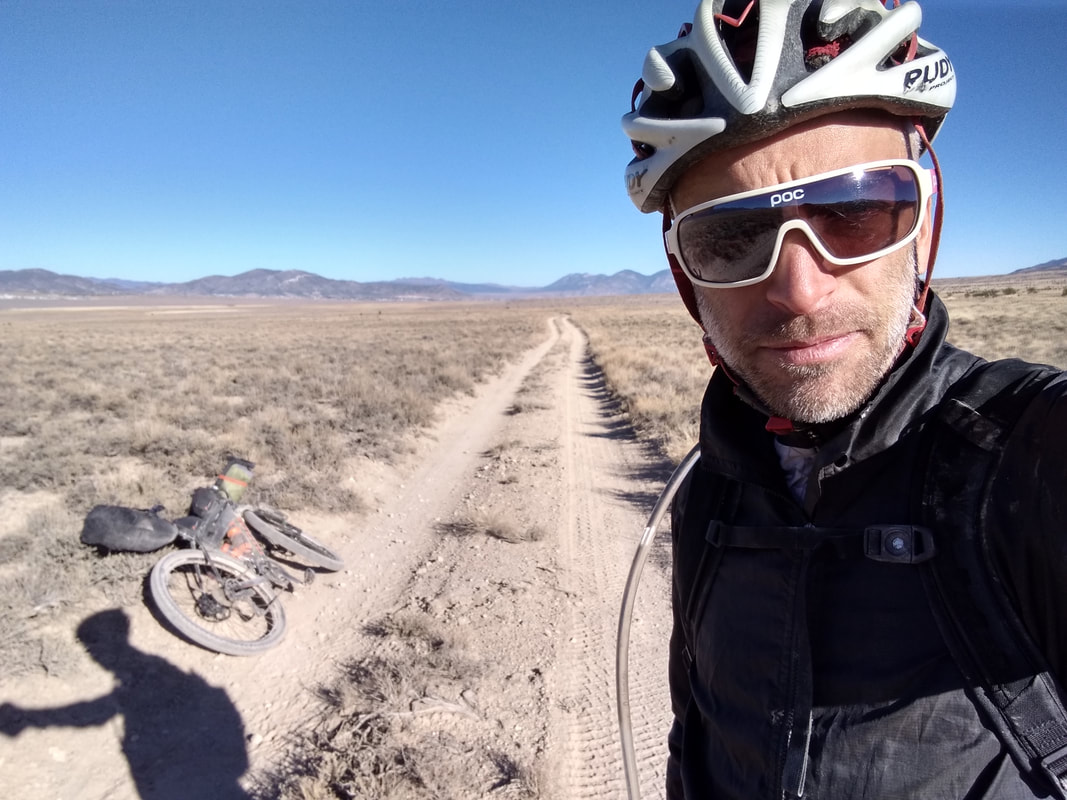Below, I offer ten suggestions, and accompanying background and other supporting text, that I originally posted to my Facebook profile on my 50th birthday, in January 2021, for all to enjoy, contemplate, and perhaps even adopt for two-weeks and beyond. All of my suggestions are sources of free and exceptional (big benefits, no side effects) healthcare; all of them, when taken seriously, are transformative; and they are the best of the best that I've identified for extending health span. If you have any questions don't hesitate to send me an email.
A Healthy Lifestyle: ten suggestions and my two-week challenge
We already know how our lives will play-out and how they'll end, in a general sense of course but that still includes much more detail than most of us realize or, far too often, are willing to admit. So the question becomes, what sort of life do you want to experience today, tomorrow, and beyond? That choice, truly is, yours.
The first reason we know is that our thoughts are a self-fulfilling prophecy, what we think we will become. For example, if we repeatedly tell ourselves that with age comes inevitable degeneration of the mind and body and all sorts of associated pain then we will descend into pain and stay there until the third or fourth pulse of morphine concludes our life in a hospice care center somewhere in the United States.
The second reason is that we all know our habits, habits define lifestyle, and lifestyle forecasts health more than any other metric known to science. Foremost, we now know that a healthy lifestyle leads to a much desired and desirable health span, the number of years that we'll live disease free among friends, family, and strangers. Contrast this with life span, a term that in the absence of health span typically involves many years spent suffering before death.
If you want to learn more about how your thoughts affect your present and your future then I strongly advise listening to or reading The Four Agreements by Don Miguel Ruiz. Another wonderful resource is a Kenyon College commencement speech by the late novelist, David Foster Wallace, called This Is Water (click the link to listen on YouTube; runtime is just 22 minutes).
A healthy lifestyle considers aspects of four pillars: sleep hygiene; nutrition; exercise; and mindfulness (a form of meditation). Within each of these a person could embark on a life-time of learning, but here's the basics. If you put all of my suggestions into practice (make them all habits) then you'll achieve a new level of mind and body health that will surprise you and in a very short time (days),
What should you eat? Your pets and your children! Just kidding :). Nothing refined or containing added sugar. If you're going to eat it then you should be able to identify what it is without a label. In fact, moving forward, if a food item has a label then consider that a warning and find something else to eat.
Overwhelmed at the thought of this list? Then agree to try it for two weeks, a two-week challenge? If you don't find any reason, after an honest effort, to continue then you can always return to your former habits.
The first reason we know is that our thoughts are a self-fulfilling prophecy, what we think we will become. For example, if we repeatedly tell ourselves that with age comes inevitable degeneration of the mind and body and all sorts of associated pain then we will descend into pain and stay there until the third or fourth pulse of morphine concludes our life in a hospice care center somewhere in the United States.
The second reason is that we all know our habits, habits define lifestyle, and lifestyle forecasts health more than any other metric known to science. Foremost, we now know that a healthy lifestyle leads to a much desired and desirable health span, the number of years that we'll live disease free among friends, family, and strangers. Contrast this with life span, a term that in the absence of health span typically involves many years spent suffering before death.
If you want to learn more about how your thoughts affect your present and your future then I strongly advise listening to or reading The Four Agreements by Don Miguel Ruiz. Another wonderful resource is a Kenyon College commencement speech by the late novelist, David Foster Wallace, called This Is Water (click the link to listen on YouTube; runtime is just 22 minutes).
A healthy lifestyle considers aspects of four pillars: sleep hygiene; nutrition; exercise; and mindfulness (a form of meditation). Within each of these a person could embark on a life-time of learning, but here's the basics. If you put all of my suggestions into practice (make them all habits) then you'll achieve a new level of mind and body health that will surprise you and in a very short time (days),
- Normalize your sleep wake cycle, when you go to bed and rise including the weekend.
- Keep all consumption, other than water, to 8-12 hours daily. This means you'll water-only fast for 12-16 hours daily. Eight hours provides close to a 50% reduction in 'all cause' mortality including cancers and heart disease. Twelve hours provides about 30% of the same benefits.
- Stop eating a minimum of 3 hours before bed, from that point until you sleep consume only water. Go to bed feeling a little hungry and you'll get the most from your sleep including janitorial services that clean your body and mind, avoiding illnesses like dementia and Alzheimer's.
- Turn off all sources of blue light a minimum of 2 hours before bed. Switch to listening only, such as a podcast, or reading. Install blue light cancelling apps on your digital devices, such as laptops and smartphones.
- Stop eating all refined sugar including products where it's hidden such as many condiments (ketchup, salad dressings, etc).
- Stop eating all processed food including processed grains, especially products made from white flour, and all fast foods. This means avoiding most bread and pasta, and I would advise 'all' of these products for the 2-week challenge mentioned below. After that period expires, reintroduce a quality sourdough bread if inclined.
- Consume olive oil liberally, including meals prepared using high heat, this will not damage the oil despite what you may have heard or read. The following COLD-pressed oils are also advisable for cooking, rapeseed, (next two in moderation) sunflower and coconut oil. Organic, grass-fed butter, in moderation can also be used for cooking, etc. Avoid all other oils (walnut and avocado are notable exceptions) and keep in mind that unhealthy oils are hidden in nearly every salad dressing and many more products. Get into the habit of reading labels, bring your reading glasses to the supermarket!
- Avoid all dairy from cows except products that have been fermented. This means, eg, whole milk is out and unsweetened, organic, yogurt and cheese are in. Heavy whipping cream, which is not fermented but is minimally processed, is okay in moderation if you are inclined for coffee. Alternatively, and even better, switch to only goat dairy products including butter, and in this case, whole milk for coffee. Goat milk contains far more fat than milk from cows, and it's much easier to digest.
- Perform a minimum of 150 minutes of vigorous exercise each week. Such as walking at a pace that makes it hard to carry-on a conversation; or find the same pace on a stationary bike or rowing machine, etc. That's just 21 minutes a day.
- Find a quiet place, and time, to sit or lay down for five minutes each day. I prefer to sit on a yoga block with my legs crossed after an initial coffee in the morning but before breakfast. Close your eyes, when a thought comes observe it, pay attention to your emotions, then let it go. Don't encourage your thoughts to arise or expand. They will come from the ether, seemingly, the space we refer to as our subconscious mind. You will learn through this practice exactly why you often feel the way you do, those feelings are the emotional response to the thoughts that you're having and are not even aware of most of the time. Awareness is the first step to changing your relationship with thoughts and moving towards true happiness, this simple practice will get you started.
What should you eat? Your pets and your children! Just kidding :). Nothing refined or containing added sugar. If you're going to eat it then you should be able to identify what it is without a label. In fact, moving forward, if a food item has a label then consider that a warning and find something else to eat.
Overwhelmed at the thought of this list? Then agree to try it for two weeks, a two-week challenge? If you don't find any reason, after an honest effort, to continue then you can always return to your former habits.
Two images form my 2020 autumn tour, Flagstaff to Portland By Bicycle. For more details click here ...


